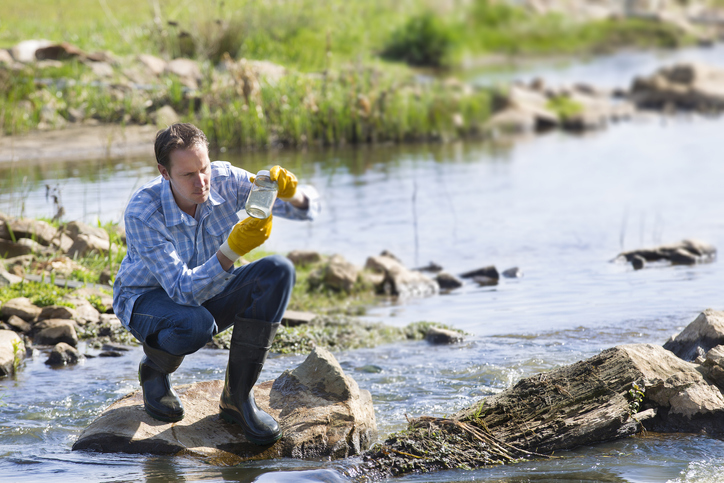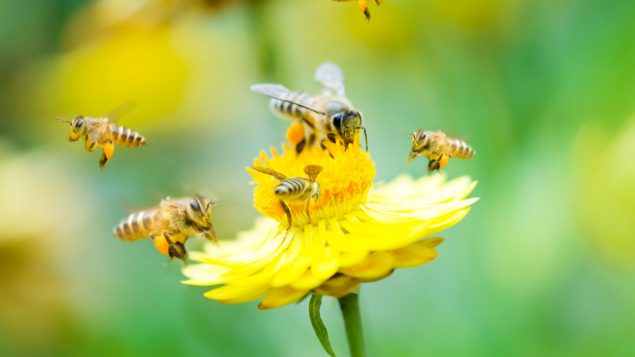Canada’s health department has decided to cancel the use of some neonicotinoid pesticides and to change the conditions of use for others in order to protect bees and other pollinators. It says remaining uses such as treatment on canola seeds and greenhouse vegetables “are not expected to pose unacceptable risks to bees and other pollinators.”

Neonics have been found in water at levels that could be harmful to aquatic organisms. (iStock)
Policy to take effect over 2-3 years
Cancellations and restrictions will be implemented over a two-to-three-year period. The department says it will continue to evaluate the risks to aquatic insects posed by the use of neonicotinoids. It adds that research shows the pesticides are frequently detected in water bodies at levels that could be harmful to certain aquatic organisms. It plans to report on this at the end of 2019.
In April 2018, a doctors’ group and several environmental groups called on Canada to put a complete ban on the outdoor use of neonicotinoids as the European Union has done.







For reasons beyond our control, and for an undetermined period of time, our comment section is now closed. However, our social networks remain open to your contributions.